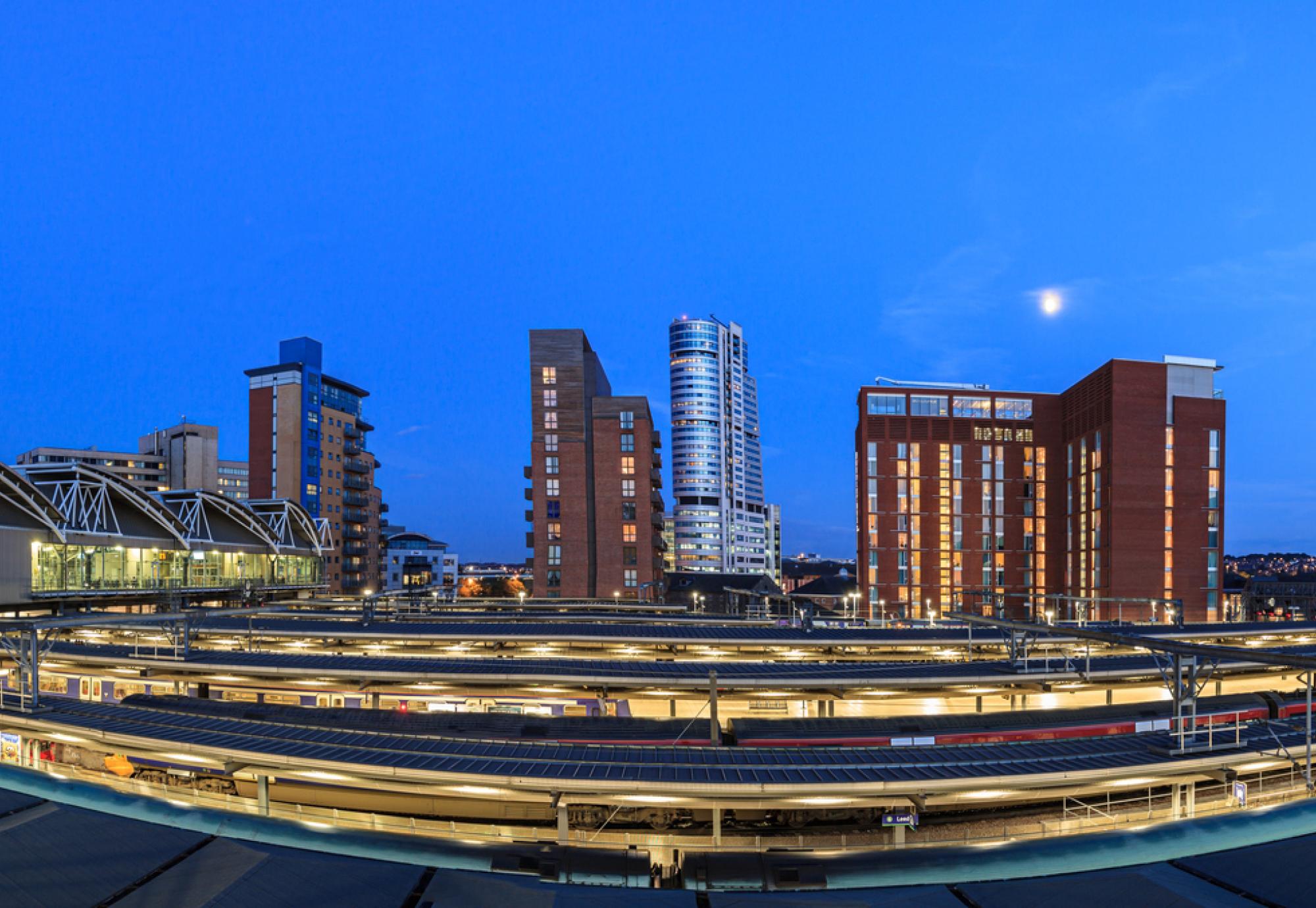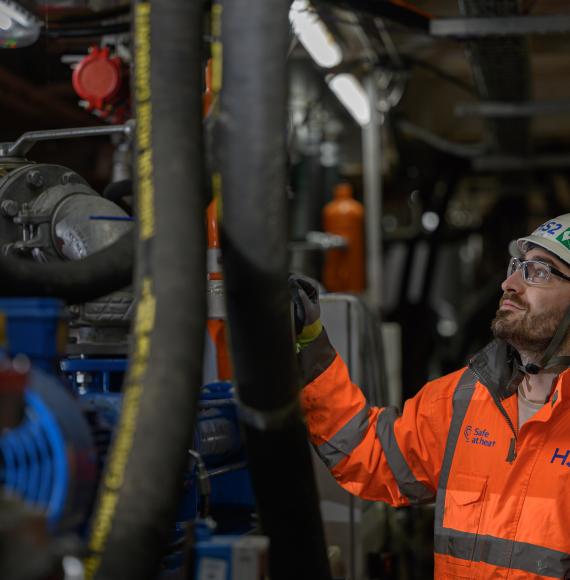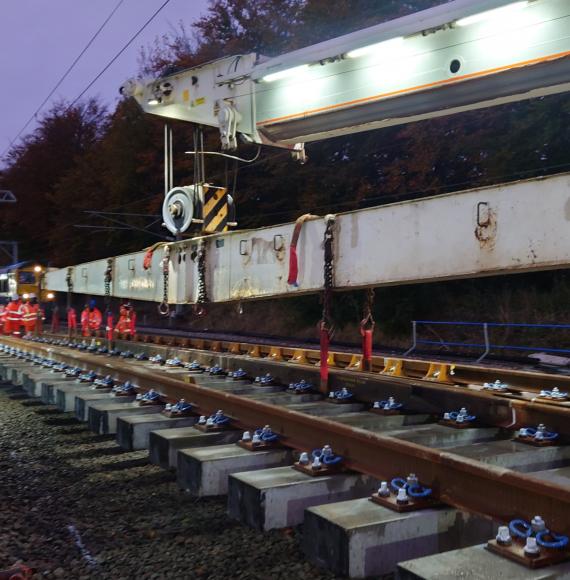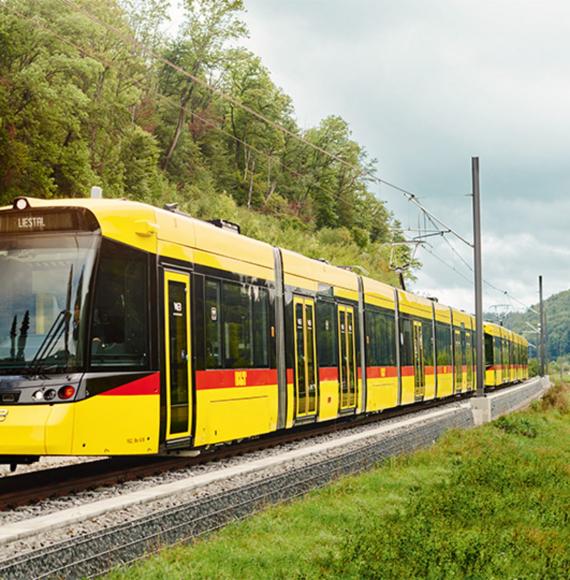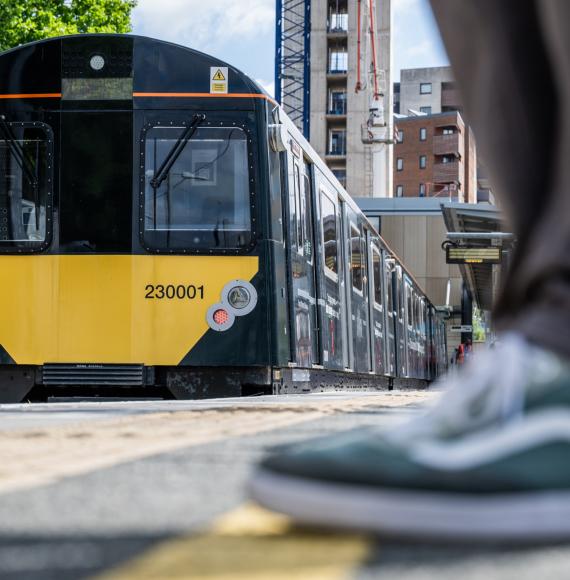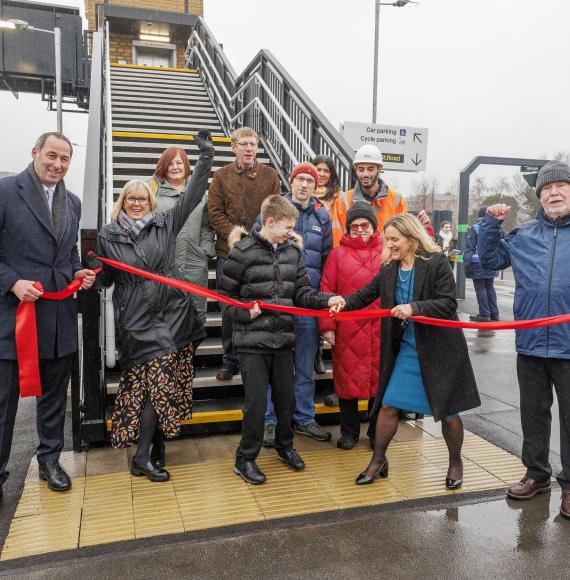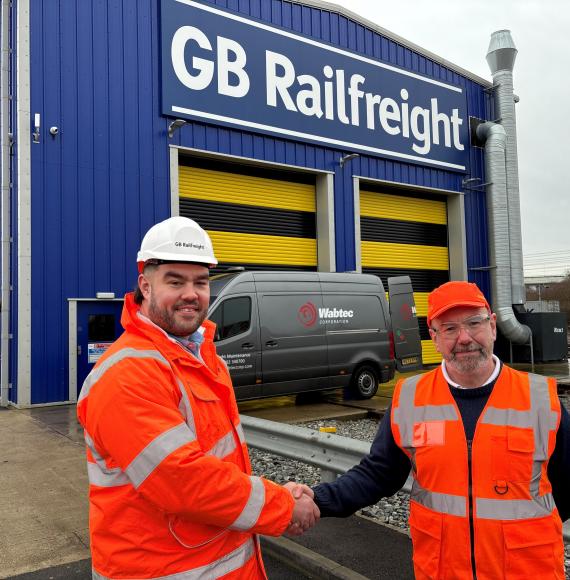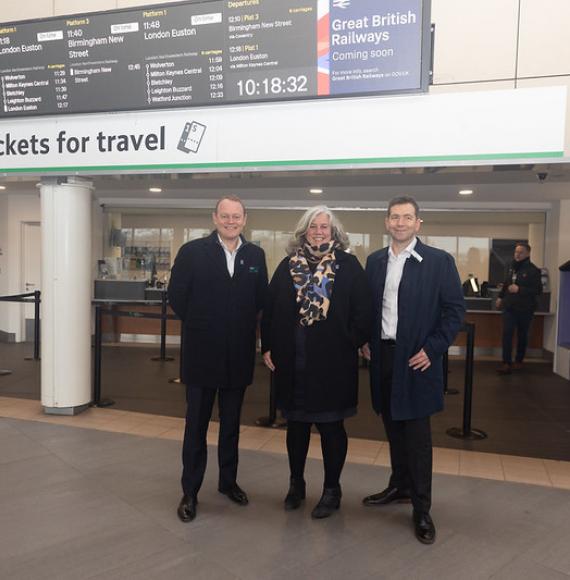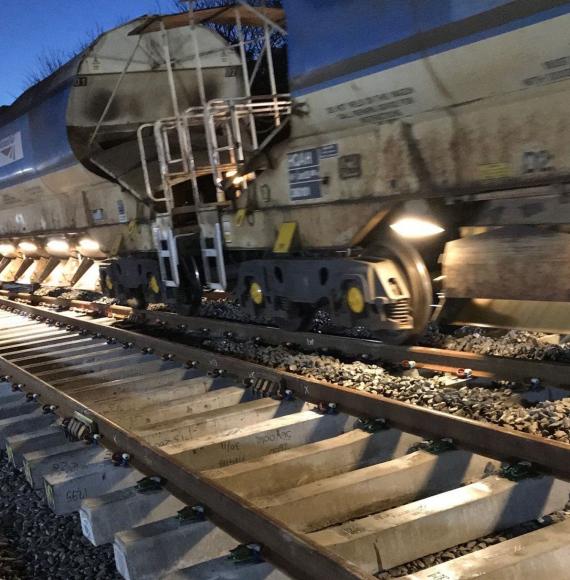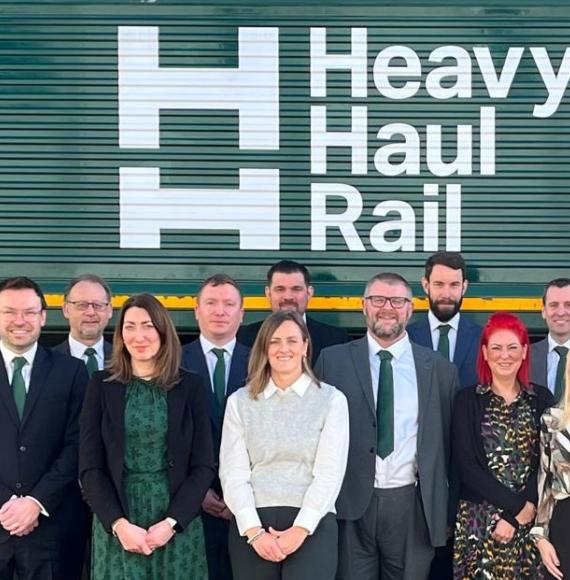The Transport Secretary Grant Shapps recently sat down with the Transport Select Committee to discuss and answer questions on his job performance so far. A large chunk of this committee hearing focused on the railway industry, with the Integrated Rail Plan, the plan for rail and HS2’s progression being a core theme for the questioning. Shapps was accompanied by the secretary at the Department for Transport; Bernadette Kelly, with each providing key information about the progression of the projects.
As the current plans for the Integrated Rail Plan (IRP) evolve and adapt as the project expands across the UK, which will particularly impact the northern areas affected, Business Critical rules (BCR) are being implemented to replace the existing Standards framework with the simpler, risk based, BCR framework. The BCR framework will help in understanding the things that can go wrong and have clear plans in place to effectively manage the risk.
Currently the BCR is in place for “phase 1, 2A and the western leg to Manchester” as Bernadette states, however it is expected that the eastern leg will depend upon the decisions made in the upcoming option study. It is vital that if the BCR system is to be incorporated throughout the rail system, it must keep up with the ongoing works and plans being implemented throughout the UK.
As the Standards framework for rail travel and construction have evolved into the BCR alongside the project, so have the original ideals for how the IRP should be focused across its implementation. Whilst the HS2 was sold as creating faster travel links across the UK, the committee outlined a key issue of the HS2 implementation has been capacity of national train stations being potentially unable to cope with the amount of train traffic.
How Leeds and Manchester fit into the plans:
During the hearing it was identified that Leeds is a prime example of this current issue, with Committee chair Huw Merriman noting “A lot of the delivery you are talking about requires Leeds station to have more capacity.” He follows this up with the claim “With HS2 trains to Leeds station - it is already at 105 per cent capacity.”
Shapps addressed the concerns outlined, stating that whilst “shortening journey times between major cities is one of the major benefits of the project,” a shift in the approach has been taken for the second phase of the project. Shapps elaborated throughout the committee hearing that the government are “very, very focused on HS2 as a capacity project, as a way of investing in our long-term infrastructure to provide that capacity for the next 100-200 years.” Adding to these sentiments, Shapps would go on to confirm that “I completely acknowledge and accept your point that Leeds station will need radical transformation to make this happen.”
With the need for redevelopment of the existing infrastructure in many rail stations, in order to accommodate for the new systems being implemented, there has been a concern about the costs of the already most expensive and ambitious infrastructure project across Europe. Shapps was quick to discuss the concerns and explain the approaches being taken to reduce the necessary costs involved. As identified earlier, the government have hanged their approach to focusing on capacity instead of speed, which in certain areas will greatly decrease the costs involved in the HS2s implementation.
Shapps discussed the idea of spending an extra “£18billion” on the connection from Manchester to Leeds. This eye-watering increase in total spend would have led to knocking off “about 3 or 4 minutes” from the journeys total time, however the approach would shift to getting from “Manchester to Leeds in 33 minutes, so just over half an hour”. This adaptive approach to the project from the government will equal out at “£18billion less expensive and delivered 10 or 15 years sooner.” Not exactly the “proper London style connection” the HS2 is brining to certain areas, like “12 minutes to get from Bradford to Leeds” but it does show a concern and understanding for the needs of the general UK public in trying to reduce costs that would inevitably come from the UK taxpayers.
Whilst money will be saved from the infrastructure required to achieve faster rail times linking Manchester to Leeds, there will be a need for money to be pumped into the redevelopment of northern cities rail stations. As outlined earlier with Leeds needing investment to improve its overall capacity, the Committee also touched upon the need for drastic upgrading in regard to Manchester Piccadilly and whether the Department for Transport (DFT) have put any more thought into the potential of an underground development for Manchester Piccadilly station to help maximise the value of HS2.
Shapps addressed the concerns by stating: “There’s a lot of work required to get Manchester Piccadilly station capable of handling the kind of traffic that will be coming through, including HS2.
“A number of different studies been carried out into whether, for example, it should take the form of an underground station, and concluded that that in fact doesn’t work out. What it would do is take a lot of money out of other parts of the network. So, in the end, it’s been concluded that that’s not the way.
“But there will be very large amounts of construction around Manchester Piccadilly in order to get access to it.”
The works to the existing stations and lines have carried concerns around the disruptions that will be caused to the areas affected. The Committee mentioned concerns around “the impact that working on existing railways will have in capacity both on the rail network and the knock-on impact on roads, buses etc.” Shapps would retort with: “yes there will be disruption, it would be disingenuous to say otherwise.”
This transparent approach to the issue from Shapps is refreshing as he does not mince his words about the very real effect that these plans will have. Whether it be upgrading existing lines or progressing HS2 through different areas, the disruptions will of course be necessary and worth the stress in the long term. Bernadette would go on to say that programmes such as these will need to be approached in a “phased way that ensures that disruption is managed over a reasonable time frame for communities.”
The great wave of IRP and HS2 implementation has not gone exactly to plan, as is the case with any infrastructure project of this size being carried out. However, Grant Shapps and the Government have clearly identified key areas of improvement and cost cutting measures that look to drastically advance the quality of services being introduced whilst causing as little disruption as possible.
To find out more about upcoming projects and opportunities across the north, attend TransCityRail Rail Technology Magazines regional rail event for the North compromising of a conference exhibition and networking dinner on the 10th November. Find out more here.

